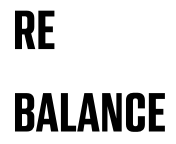
Kee Khobor Stories
Kee Khobor will feature blogs, poems, vlogs and podcasts. The reflections will be shared publicly throughout the year, with our official launch on 26th March 2021.
The various identities of the Bengali community in the UK will be explored and celebrated. We will facilitate an open exchange of ideas and give voice to views, some of which may otherwise not be heard.
The project will leave a legacy that provides stewardship for future generations to not only have pride in their identity but to own it and derive strength from it, and give younger people who may be struggling the confidence and opportunity to belong to something wider.
The reflections will provide an opportunity to look ahead to the future development of the community and not only stay relevant as a community within a changing society but be inspirational to the development of wider British society.
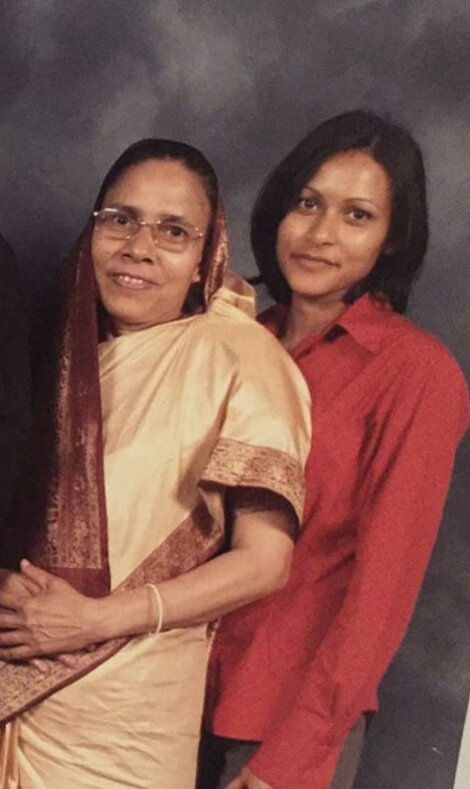
16th December
Poem: 16th December, A New Nation Born
9 months of darkness, horror, death and destruction
3 million sacrificed, slaughtered, pillaged and displaced
Frightened, fearless, fractured, unbroken, freedom prevailed
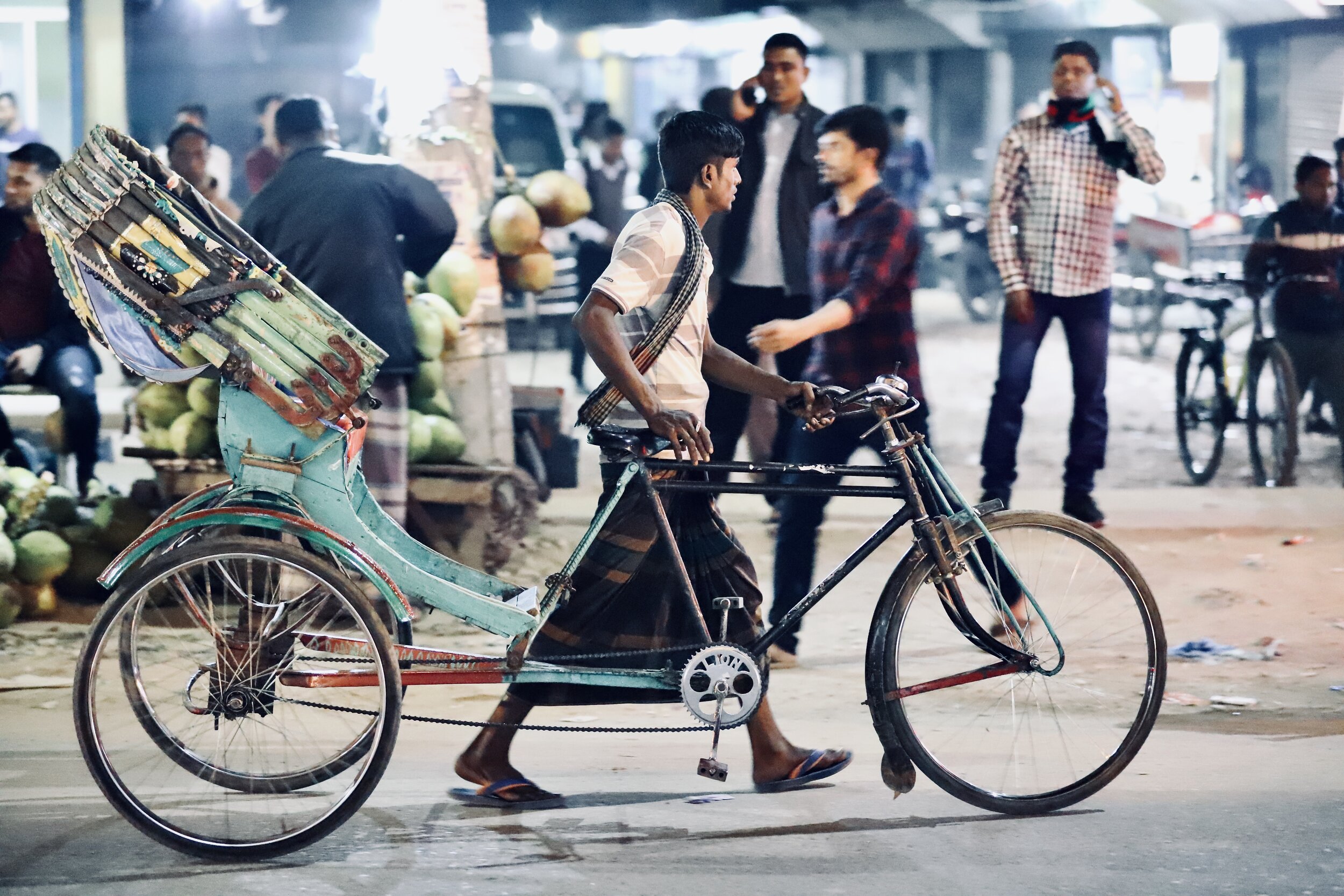
“I don’t know.”
Photo: Salam Jones
Human kidnapping, modern-day slavery and other forms of child exploitation fit within the remit of organised crime, which is one of my academic expertise.
The response that I got from a child rickshaw driver when I asked how old he was.


I Know They Love Me When…
Speaking English and Bengali, I sometimes found it confusing, and it would frustrate me growing up that my Baba was the only person who would say 'I love you' to me, as my Ammu, Dadi and Dada would never say it. As I've grown up and understand more, I have realised that saying these three words is not the only way to prove that they love me, but rather, they show it through their actions.

Growing Up In Newport
The time came, and my Parents decided in the summer of 1988 that they would reintroduce us to our birthplace. With so much expectation and excitement for this long-anticipated trip, we told our school friends we were going ‘home’ for summer.
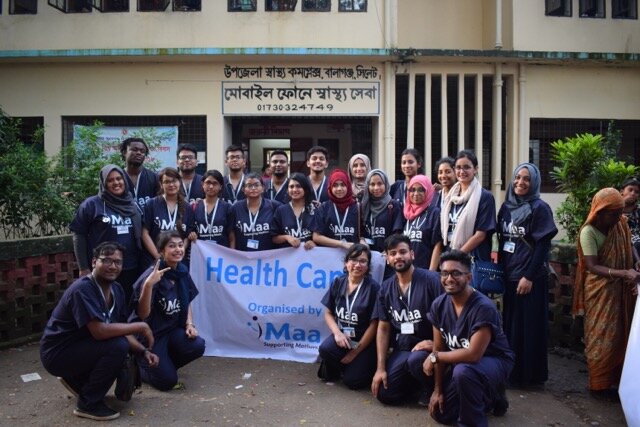
Establishing My Identity
As I entered my teen years, I found it difficult to identify with the Bengali culture. My Parents would often share stories of their childhood; growing up in the village, swimming in ponds and eating fresh belfoy. But I couldn’t connect with their memories - Bangladesh just seemed like a world away to me.

Empowerment For Change
Photo: Raju Vaidyanathan
Deep down I felt a real sense of injustice, and drive to fight back. However, as a 10 or 11 year old child that didn’t seem possible. So my weapon of choice became education -which I remember being enforced at a very early age. Education meant greater choice, freedom, access to money and empowerment. So that’s what we [my siblings and I], as children, focussed on.

My Father
My Father has also been very inspiring for me. He was in fact awarded an MBE in 2002 (during the Queen’s birthday Honours) for his outstanding work in patient care. He has always been a benchmark for us and along with my family culture, I have had great role models, to look up to. I feel it is their influence which has helped me in becoming a forward-thinking, proud British Bangladeshi woman.

Remembering 1971: Bangladesh’s Year Of Tragedy And Triumph
Aminul Hoque’s story.
1971 acts as an emotional, cultural and political reminder to both older and younger generations of British-Bangladeshis of a motherland that exists both in memory, but also culturally and physically.
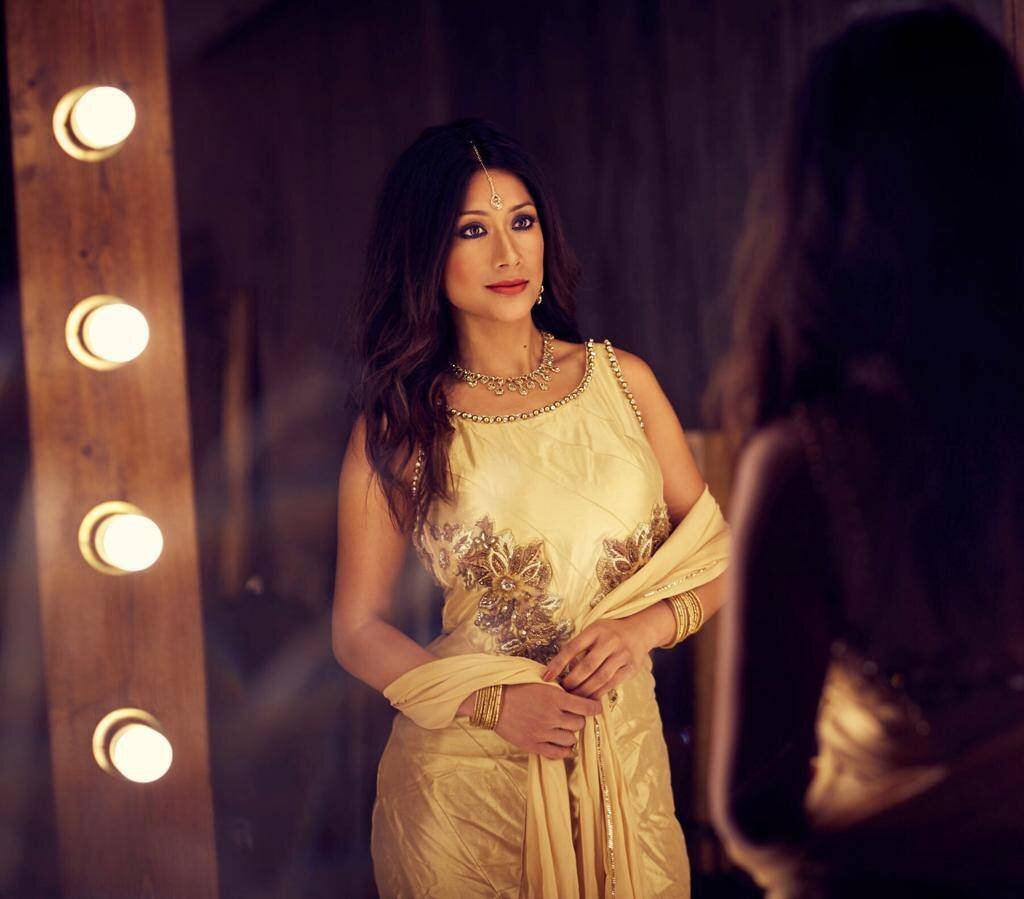

How The War of Independence Forged A Culture Of Resistance Among British Bangladeshis
Halima Begum’s story.
In Dad, it lit a fire in his soul; a determination to fight for social progress and challenge injustice wherever he found it – a stubborn trait of character he may feasibly have passed down to his children.
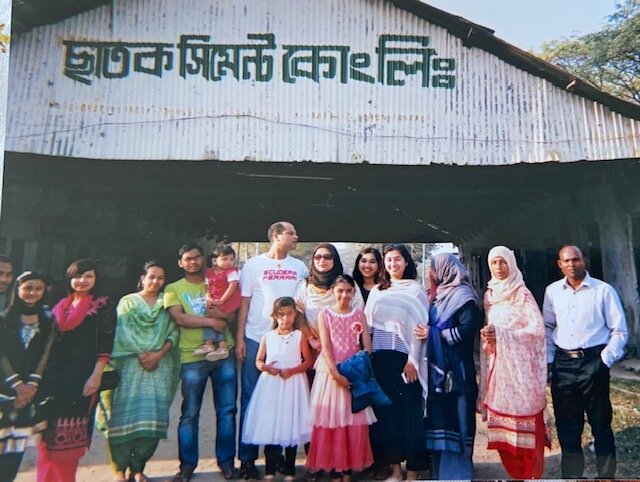
When I Speak Bengali
Mohsina Alam’s story.
I wish I could tell my 14 year old self that there are no standards you have to meet to belong to a culture… 50 years from now, I hope to see more successful Bengali women in the public eye.

50 Years From Now, What Do I See?
Photo: Simon Reza
50 years from now, what do I see? I have a vision, not a dream. Where Bengali girls can go to their Mothers and tell them anything. Absolutely anything. They will be able to tell them about their first crush, their first love.

Do I Belong?
Shuba Khatun’s story.
“Do I belong? I’ve learnt to accept that I am Bengali and British. Not English but British. I no longer shy away from speaking about my heritage, both the good and the bad. Just like I have lived in England with good and bad.”

50 Years Ago
Roger Gwynn, formerly with the International Voluntary Service UK (IVS), visited occupied Bangladesh with Granada TV in 1971
“FIFTY YEARS AGO... I had just arrived in Dhaka and would soon be documenting the carnage and destruction caused by the Pakistan army in the interior of East Bengal, and witnessing the brave resistance put up by the Bengali people, people whose cause lay close to my heart.”

The Myth of Return
Iqbal Wahhab OBE is the founder of London restaurants The Cinnamon Club and Roast, and is the former High Sheriff of Greater London
“…there had been a malaria outbreak which killed the other babies in the maternity ward. I was the lucky one.”
